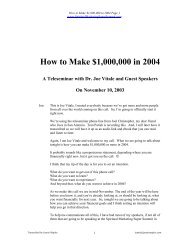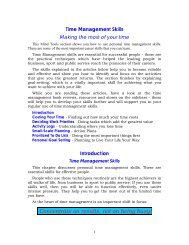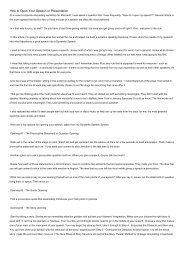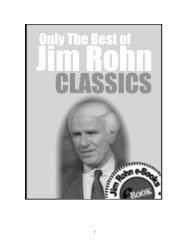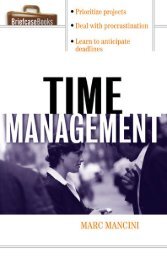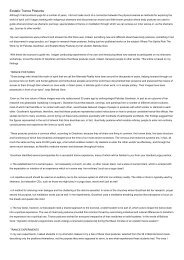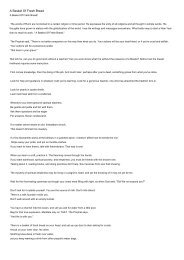Executive Coaching - A Guide For The HR Professional.pdf
Executive Coaching - A Guide For The HR Professional.pdf
Executive Coaching - A Guide For The HR Professional.pdf
Create successful ePaper yourself
Turn your PDF publications into a flip-book with our unique Google optimized e-Paper software.
66 EXECUTIVE COACHING<br />
............................<br />
effective. I have also found that good communication is so important<br />
between the <strong>HR</strong> professional and the client’s boss so that the<br />
<strong>HR</strong> person can provide the coach with further insight on the supervisor’s<br />
observations. At very high levels in the organization, the<br />
client’s supervisor may meet more frequently with the <strong>HR</strong> professional<br />
than with the coach. That means that the <strong>HR</strong> person may<br />
be in the habit of obtaining more up-to-date feedback from the boss.<br />
Passing along this information to the coach improves the coaching<br />
outcome because the coach is able to adjust the coaching content<br />
to suit the client’s and the organization’s needs.”<br />
<strong>The</strong> image of a bridge can, however, be somewhat misleading in<br />
that it is passive. If you are the responsible professional in an organization<br />
with an established coaching program, you may have to<br />
actively manage both the overall coaching program and, to some<br />
extent, each of the assignments. If you are not in an organization<br />
with an established program, you will need to manage each of the<br />
individual coaching engagements. In this chapter we will touch on<br />
many of the tasks <strong>HR</strong> people usually handle in regard to their<br />
coaching–oversight responsibilities.<br />
After reviewing these tasks, you may come to the conclusion<br />
that “managing” just isn’t the right word to use here. True, there is<br />
no good way to manage all these activities in the same way as one<br />
manages events that are largely under your own control. <strong>Coaching</strong><br />
doesn’t easily yield to standardized performance expectations and<br />
timelines. Different assignments use different measures of success.<br />
Almost all the really important things happen when no one else is<br />
watching or listening. Confidentiality blocks full communication.<br />
Nonetheless, it is a reasonably manageable process. It takes time<br />
and effort to build all the appropriate relationships, of course, and<br />
to develop a “feel” for when things are going well. <strong>For</strong> the <strong>HR</strong><br />
manager who is new to coaching, it may feel like a really slippery<br />
responsibility. But before too long you should bring coaching activities<br />
comfortably under your purview—even if it never becomes<br />
easily measured and managed. Used properly, coaching can be a






